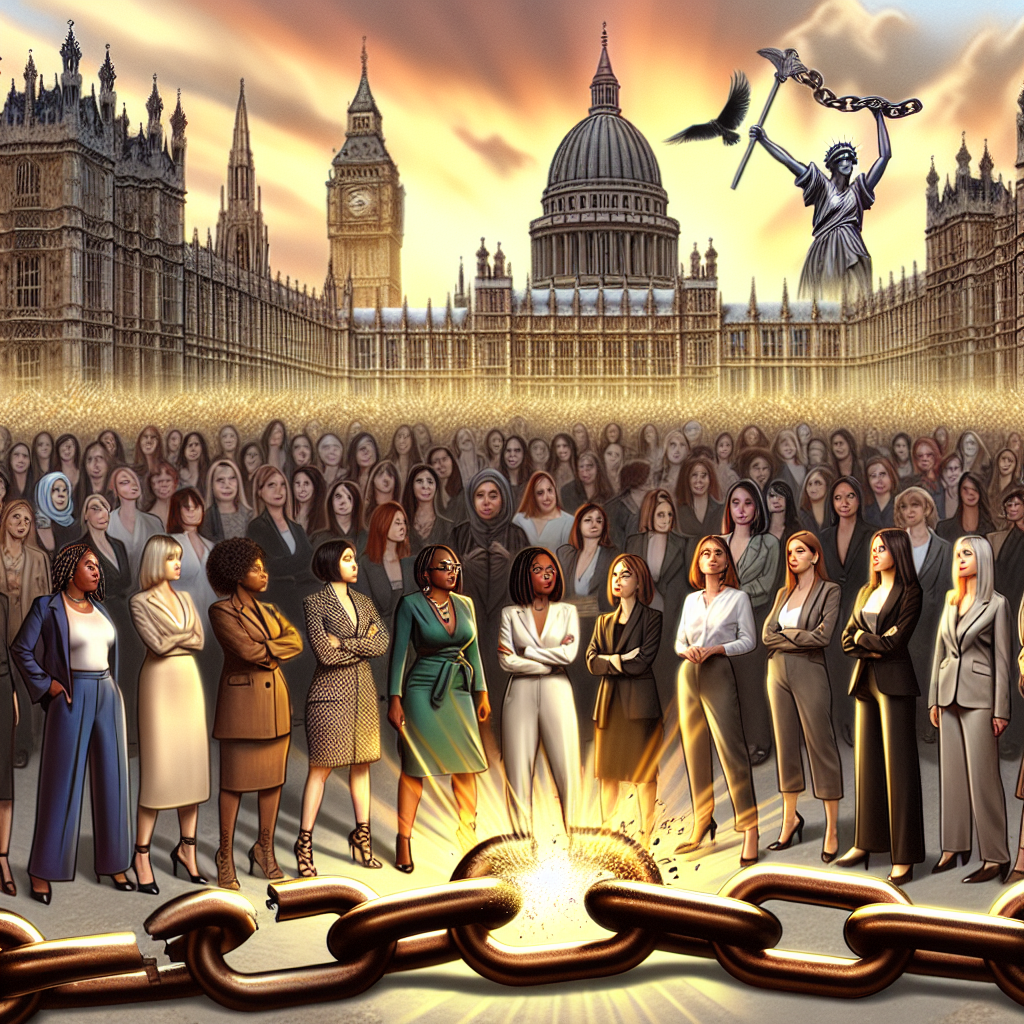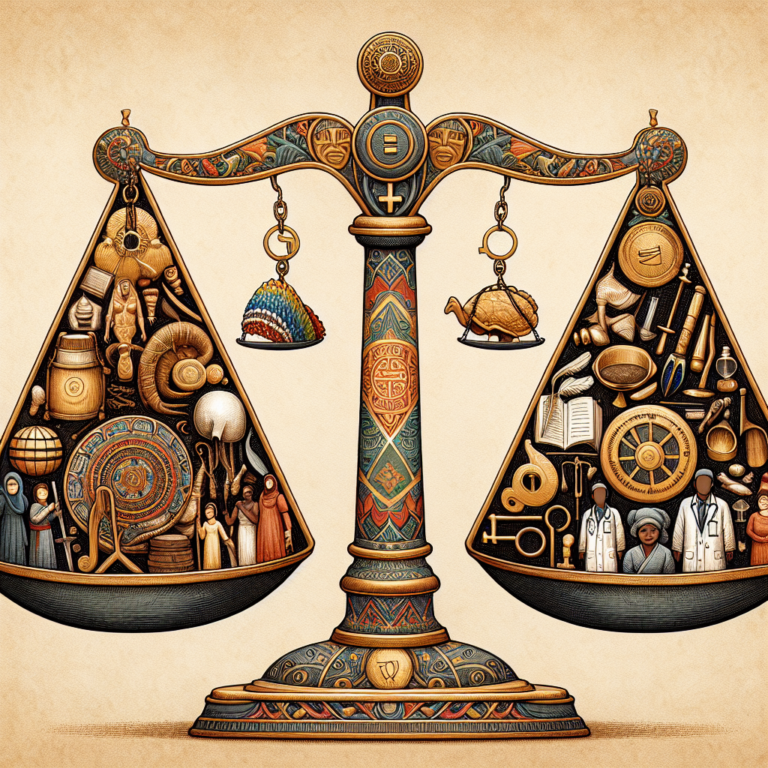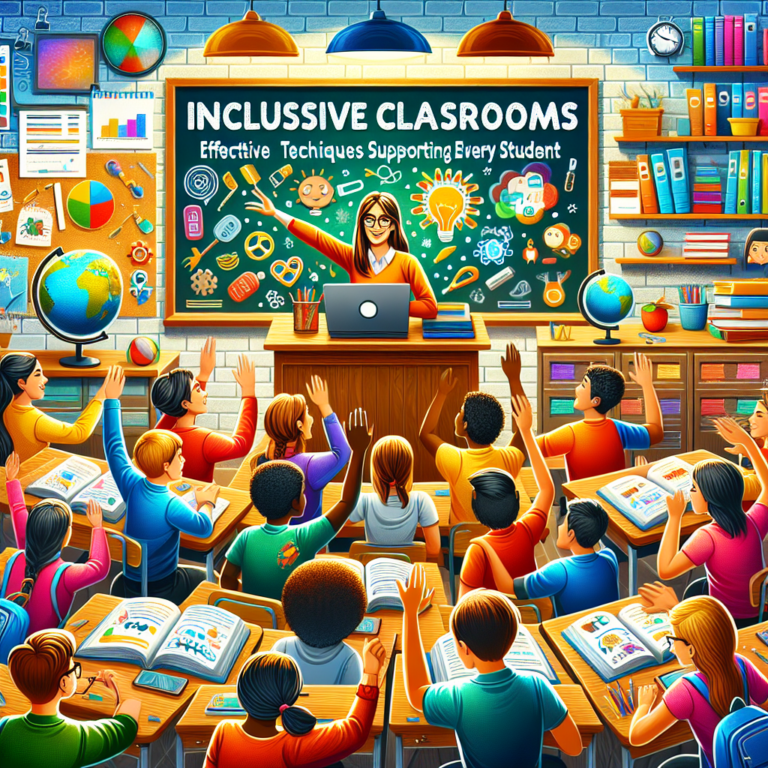
Introduction
In a world where leadership has historically been dominated by men, the movement towards gender equality is not just a social necessity; it’s a political imperative. "Reclaiming Power: Women Challenging Patriarchy in Politics and Leadership" is more than a catchphrase; it’s a rallying cry for women who demand a seat at the table. As society evolves, women across the globe are stepping up, breaking barriers, defying stereotypes, and redefining what it means to lead. This article explores the journey of women in politics and leadership, highlighting key figures, significant challenges, and the strategies they employ to reclaim power and reshape the political landscape.
The Historical Context: Understanding Patriarchy in Politics
Patriarchy has deep roots in political structures worldwide. Historically, power has been concentrated in hands that often exclude women. According to a UN report, as of 2021, women occupy only about 26% of parliamentary seats globally. This underrepresentation reflects systemic biases that hinder women’s voices and contributions in political decision-making. Understanding this historical context is crucial for recognizing the significance of the movement for gender equality in leadership roles.
Case Study: Women in the Suffrage Movement
The suffrage movement in the late 19th and early 20th centuries is a vital example of women challenging patriarchal norms. Figures like Susan B. Anthony and Emmeline Pankhurst organized rallies, petitions, and protests, paving the way for women’s right to vote. The success of this movement not only revolutionized voting rights but also heralded a new era where women began to envision themselves in leadership roles.
Analysis
The suffrage movement serves as a vital case study in "Reclaiming Power: Women Challenging Patriarchy in Politics and Leadership." It illustrates how collective action and courage can dismantle deep-rooted barriers, inspiring future generations to continue the fight for equality.
Breaking Barriers: The Modern-Day Paradigm
As we enter the 21st century, various women have emerged as symbols of resistance against patriarchal structures in politics. From local councils to international platforms, women are increasingly taking on leadership roles. Yet, despite these advancements, challenges persist, manifesting as biases, discrimination, or societal expectations that deter women from pursuing leadership positions.
Women of Influence: Current Leaders Making Waves
1. Jacinda Ardern
As the former Prime Minister of New Zealand, Jacinda Ardern redefined leadership during crises, notably her response to the Christchurch shooting and the COVID-19 pandemic. Her empathetic leadership style challenges the traditional, often stoic image of authority, showcasing that compassion can coexist with strength.
2. Kamala Harris
As the first female Vice President of the United States, Kamala Harris breaks racial and gender barriers in the highest political office. Her journey is a powerful testament to the changing landscape, where women of diverse backgrounds are reclaiming power and influencing policy decisions.
3. Ursula von der Leyen
As President of the European Commission, von der Leyen leads Europe through complex geopolitical challenges. Her tenure is a living example of how women can navigate and excel in traditionally male-dominated fields, establishing new norms in global leadership.
Table 1: Women in Leadership Positions (2023)
| Country | Leadership Position | Gender Representation |
|---|---|---|
| New Zealand | Prime Minister | Female |
| USA | Vice President | Female |
| European Union | Commission President | Female |
| Bangladesh | Prime Minister | Female |
| Ethiopia | President | Female |
Strategies for Reclaiming Power
1. Mentorship and Networking
Access to mentors and networks can provide women with the support needed to advance in their political careers. Organizations like Lean In and Women’s March offer mentorship programs that connect aspiring leaders with experienced women in politics.
2. Grassroots Mobilization
Grassroots movements have proven effective in elevating women’s issues and promoting female candidates. Organizations such as EMILY’s List in the U.S. fund Democratic women candidates, ensuring that women receive financial and strategic support to reach their potential.
3. Education and Awareness
Educational initiatives that promote political literacy among women are vital. Programs aimed at young women, like Girls Who Code, inspire future generations to engage in politics and technology, ensuring they are equipped to challenge existing power dynamics.
Case Study: The Women’s March (2017)
The Women’s March, which took place after Donald Trump’s inauguration, brought millions together globally, advocating for various issues, including women’s rights, healthcare, and immigration reform. This movement exemplified how collective voices can rally against patriarchal governance, becoming an enduring symbol of women’s reclaiming power in politics.
Analysis
The Women’s March underscores the effectiveness of grassroots mobilization in reclaiming power. It illustrates that when women unite, they can disrupt the status quo, forcing political structures to acknowledge and address their concerns.
The Role of Media in Women’s Political Empowerment
Media representation significantly influences public perception and acceptance of women in politics. Positive representation can reshape societal narrative and expectations, thereby fostering a political climate conducive to female leadership.
Case Study: Malala Yousafzai
Malala Yousafzai’s story, shared globally through media platforms, highlights the importance of education for girls and challenges traditional views on women’s roles. Her advocacy draws attention to the fact that empowering women can lead to vast societal benefits, demonstrating the critical role media plays in "Reclaiming Power: Women Challenging Patriarchy in Politics and Leadership."
Analysis
Malala’s influence showcases how media can amplify women’s voices and stories, making it possible for male-dominated narratives to be challenged, eventually leading to more inclusive political systems.
Conclusion
Reclaiming power is not merely about increasing the number of women in politics; it’s about transforming the very essence of leadership. The journey of women challenging patriarchal authority has witnessed significant successes and continues to evolve. By learning from history, embracing strategies that foster empowerment, and leveraging media influence, women can indeed reclaim their rightful place in the realm of leadership.
Actionable Takeaway
If you believe in "Reclaiming Power: Women Challenging Patriarchy in Politics and Leadership," consider supporting local female candidates, engaging in community discussions, and amplifying women’s voices in your networks. Every action contributes to a larger movement, and together, we can reshape the future of leadership.
FAQs
1. What is patriarchy, and how does it affect women in politics?
Patriarchy is a social system that privileges men over women, often leading to underrepresentation of women in political roles. It perpetuates stereotypes and biases that diminish women’s voices and contributions.
2. How can women overcome barriers to leadership?
Women can overcome barriers through mentorship, networking, grassroots mobilization, and by obtaining education and resources that empower them to pursue leadership roles.
3. What role does education play in empowering women in politics?
Education equips women with knowledge, skills, and confidence to engage in politics. It also raises awareness about political rights and encourages active participation in civic life.
4. How can men support women’s political empowerment?
Men can support women’s empowerment by advocating for equality, challenging gender biases, mentoring female colleagues, and participating in initiatives that promote diverse leadership.
5. What are some organizations that support women in politics?
Organizations like EMILY’s List, Lean In, Women’s March, and She Should Run provide resources, mentorship, and funding to support women entering and succeeding in the political arena.
This extensive exploration aims to captivate and inspire, illustrating the ongoing journey of women as they reclaim power and challenge the patriarchal norms within political leadership.















